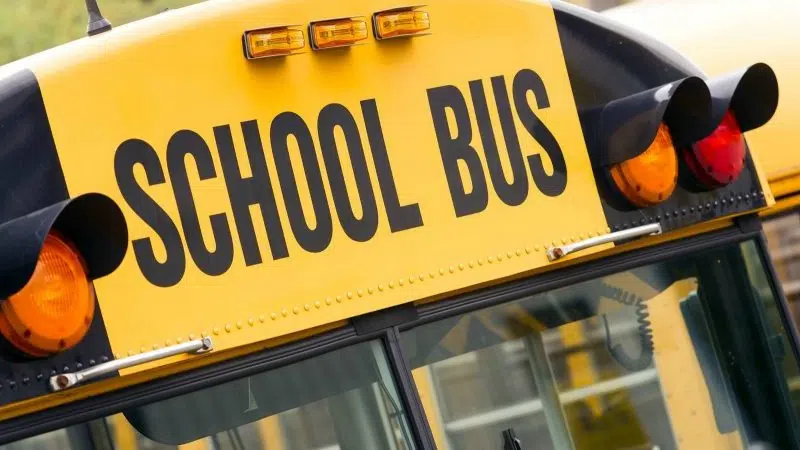SPRINGFIELD, Ill. – The Illinois State Board of Education has released its latest school report card. The data has shown how the COVID-19 pandemic has affected Illinois schools.
ISBE Research Officer Brenda Dixon says more than $7 billion in federal funding has gone to schools to help address challenges presented by the virus.
Dixon says schools have added more minority teachers, but that the lowest retention rates are among black teachers.
ISBE says it will continue to support diversity in the teaching profession, working this year with institutions of higher education to develop plans for the recruitment and retention of teachers of color and dedicating $2 million in federal pandemic relief funding to create affinity groups for teachers of color.
Other data collected shows student enrollment has dropped, especially in pre-K and kindergarten, and chronic absences were up. Additionally, there has been a drop in the number of students meeting learning standards, particularly in language arts and math.
Data from the Illinois Assessment of Readiness, taken by students in grades 3-8, and the SAT, taken by 11th grade students, show that 16.6 percent fewer students met grade-level standards in English language arts in 2021 than in 2019 and 17.8 percent fewer students met grade-level standards in math.
The data shows larger decreases in proficiency among younger students, who may have struggled more to engage in remote learning than their older peers.
The rate of ninth-grade students on track to graduate dipped five percent from 2019 to 2021, reflecting an increase in students receiving failing grades. Students identified as on track have earned at least five full-year course credits and have earned no more than one semester “F” in a core course. Students who finish the ninth grade year on track are almost four times as likely to graduate from high school as students who are not on track.
ISBE plans to launch a high-impact tutoring initiative in early 2022, supported by $37.5 million in federal pandemic relief funding, to provide direct interventions for students.
“We have witnessed both tragedy and heroism in our schools over the past year,” State Superintendent of Education Carmen Ayala said. “Students and educators have lost so much and lived and learned through unthinkable obstacles, but loss is not the whole story. Illinois’ schools also stepped up the rigor of high school coursework, ensured students still graduated and earned early college credit along the way. Our teachers stayed in classrooms when we have needed them the most, and the number of people choosing this wondrous profession in our state continues to grow.”
“We know we have a steep road ahead of us to help students regain skills in math and reading, and we are confident that we have the funding, supports, and talent in our schools to climb that hill,” Ayala said.
Due to the pandemic, school districts had an extended testing window in spring 2021, as well as the alternative option to test in fall of 2021. Therefore, the 2021 Illinois Report Card release does not include school- or district-level assessment data. ISBE has provided separately a preview of preliminary state-level data only from school districts that opted to test in the spring. ISBE will release district- and school-level assessment data from spring testing on Dec. 2 and will release district- and school-level assessment data from fall testing, as well as final state-level assessment data, on April 27, 2022.
ISBE does not recommend comparing 2021 graduation rates to 2020, as Illinois took emergency action to adjust graduation requirements in 2020 to account for the sudden shift to remote learning in March and the inequitable access to technology and supports at home.
ISBe does not recommend comparing 2021 chronic absenteeism rates to 2020, as ISBE and schools did not have a consistent way to collect and record remote attendance in spring 2020.
ISBE does not recommend comparing the 2021 rate of ninth graders on track to graduate in 2020, as ISBE issued guidance in spring 2020 for school districts not to issue letter grades and instead to offer pass/incomplete.








